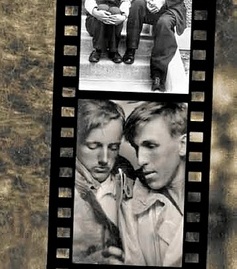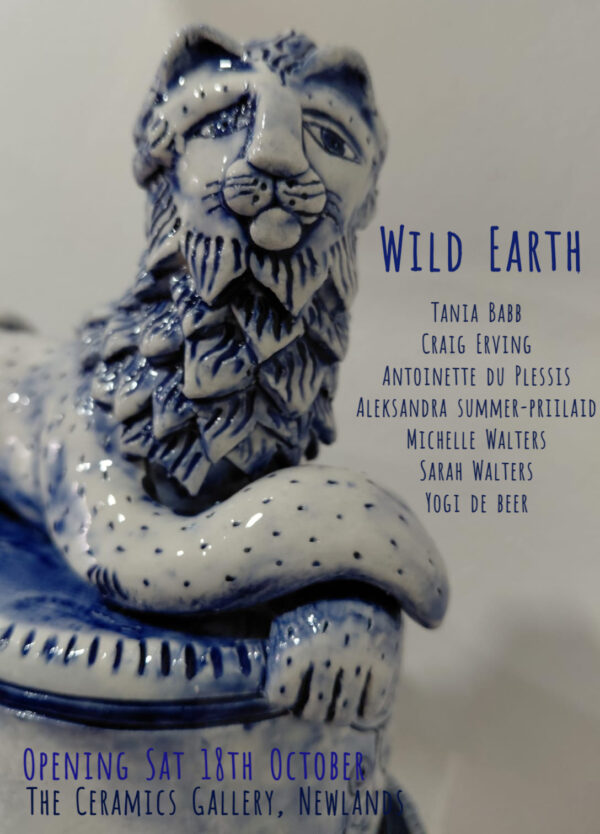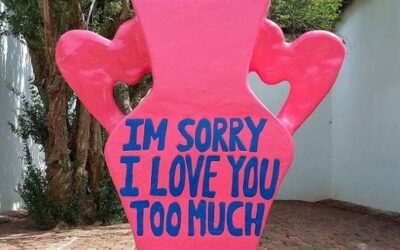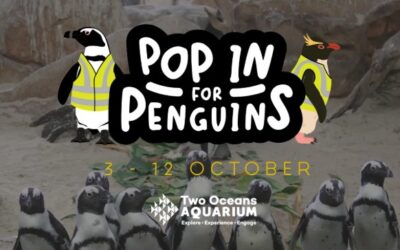A new exhibition focuses on the rarely mentioned Nazi regime’s persecution of homosexuals, reports Brent Meersman.
‘The pink triangle should not be used … And why do we have pink pages? I don’t see Jews wearing the yellow star of David,” says visiting scholar and sociologist Dr Klaus Mueller of kmlink Consultancy who curated the exhibition “In whom can I still trust?”
Mueller has spent two decades uncovering the Nazi regime’s persecution of homosexuals.
How was it possible that a Nazi invention became an emblem for gay resistance? “It is a general history of minority groups to use the worst name, worst symbols given to them to turn it around,” says Mueller.
“My objection is very specific … Once you know what it meant to wear that pink triangle in the concentration camps, you just don’t want to have that on your jacket or anywhere else.”
When Mueller grew up in Germany in the late 1970s and 1980s, “the persecution of homosexuals was never talked about or even mentioned in memorials to the Holocaust”.
Later, as gay activism developed, Mueller recalls homosexuals being pulled out of the Remembrance Day parades by the police. He would also find himself in gay pride marches in Germany where people screamed, “Hitler forgot to gas you”.
“We had no names, no faces, just these ‘men with a pink triangle’. They deserve the dignity not to disappear in the victimhood of the collective … Not a single individual survivor that we knew of, not a single documented individual in the camps, because the expert institutions, museums, universities did not go into this field.”
How iniquitous that silence can be is revealed by the post-war treatment of survivors. We now know that between 10 000 and 15 000 men charged with homosexuality were sent to concentration camps, a number comparable to political prisoners and Jehovah’s Witnesses.
The little-known story of Nazi persecution of homosexuals is fraught with deadly irony and calamitous miscarriages of justice. It has much to teach us, not only about homophobia and othering, but also about how we care for, remember, treat one another in our society.
Richard Freedman, director of the Cape Town Holocaust Centre, which is hosting this eye-opening exhibition, says the “centre already acknowledges other victims … [But] we want to deepen that knowledge. Museums need to have a social conscience, not only tell a historical story.”
On at the Cape Town Holocaust Centre until March 22
Full story in Mail & Guardian An attempt to restore dignity | Arts and Culture | Art and Design | Mail & Guardian.







